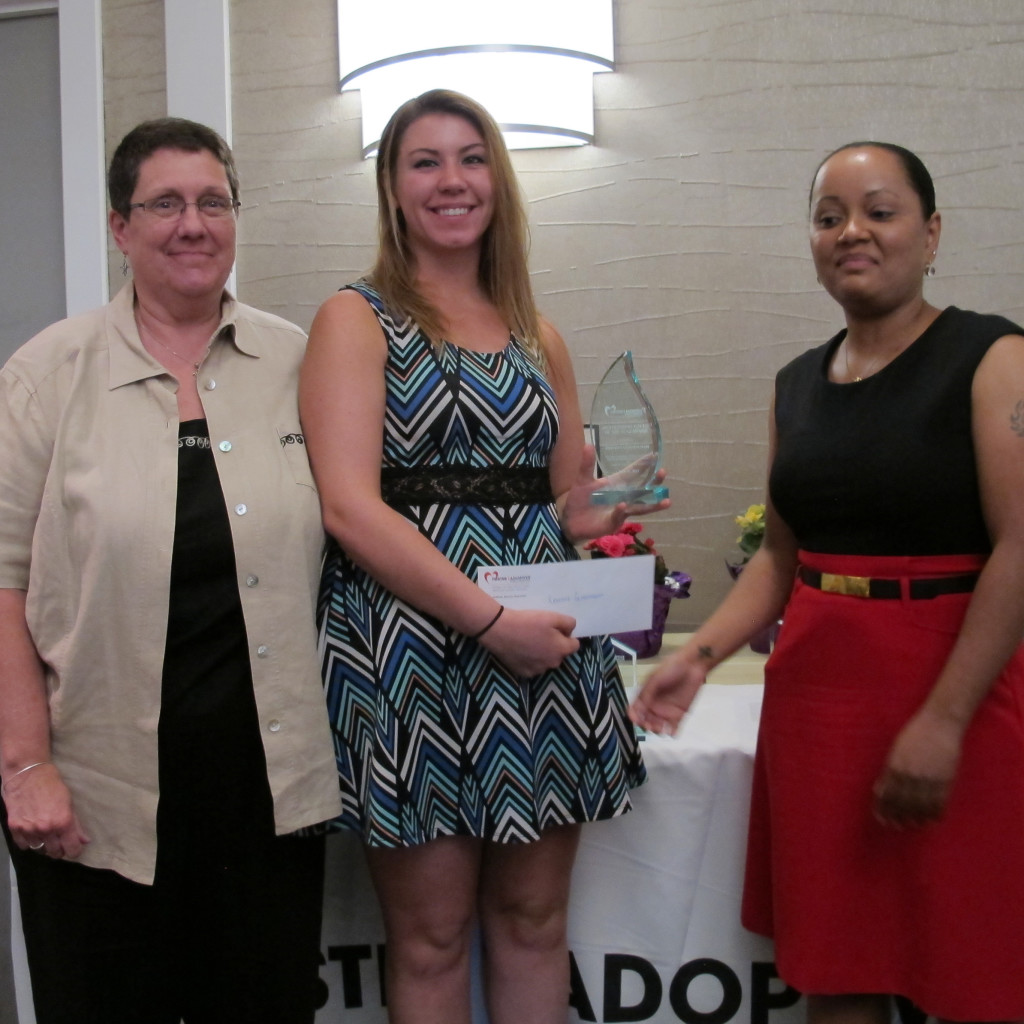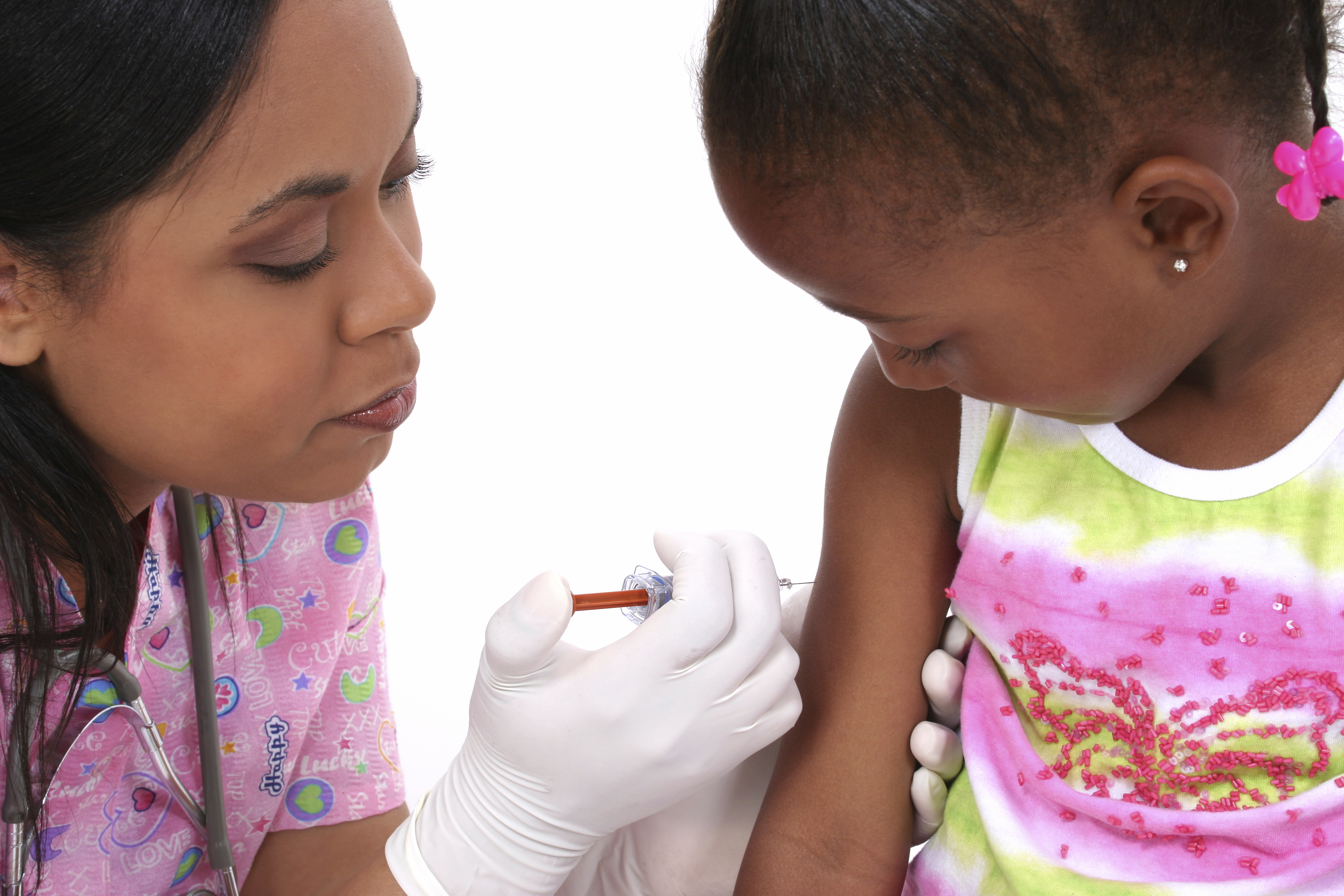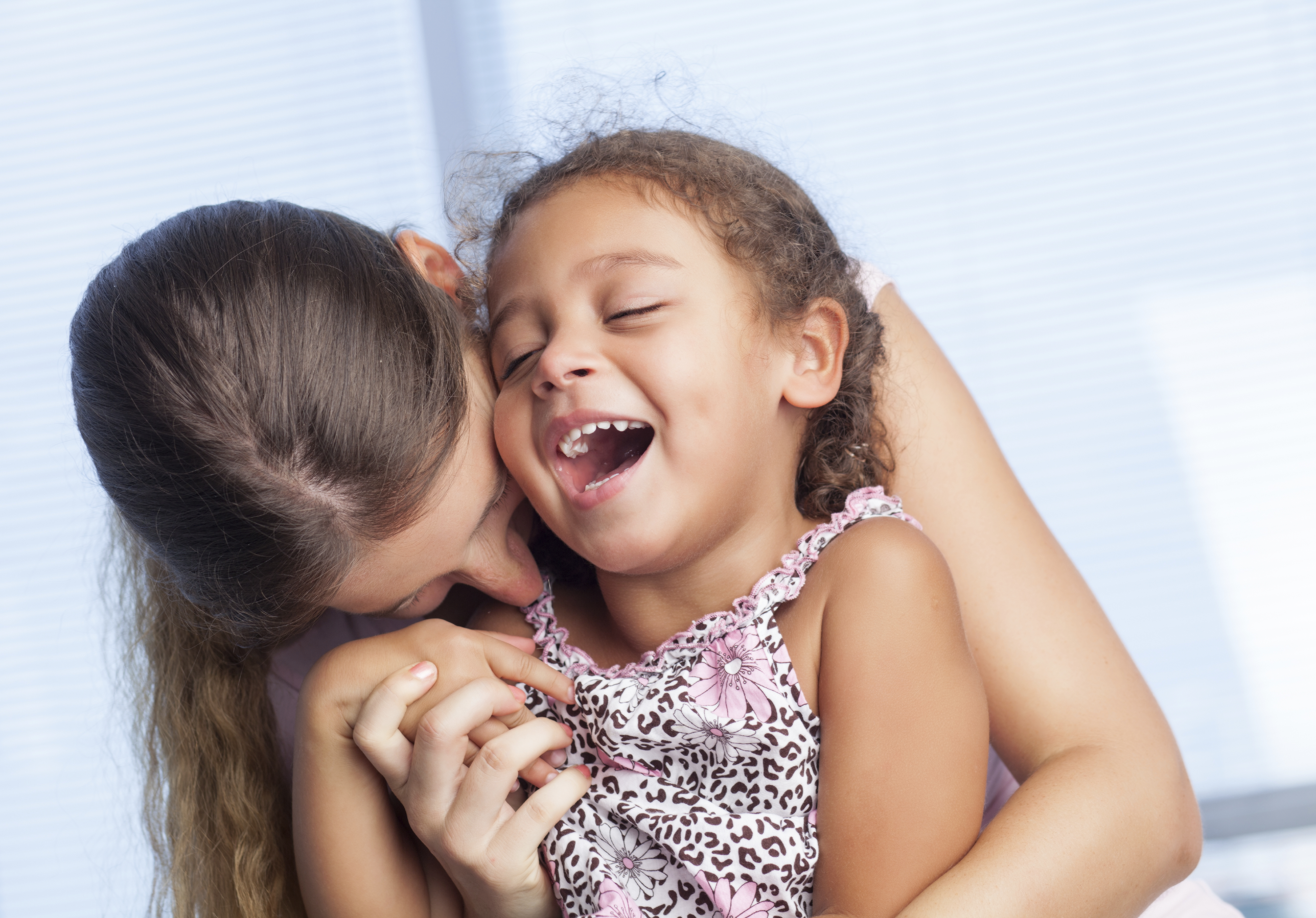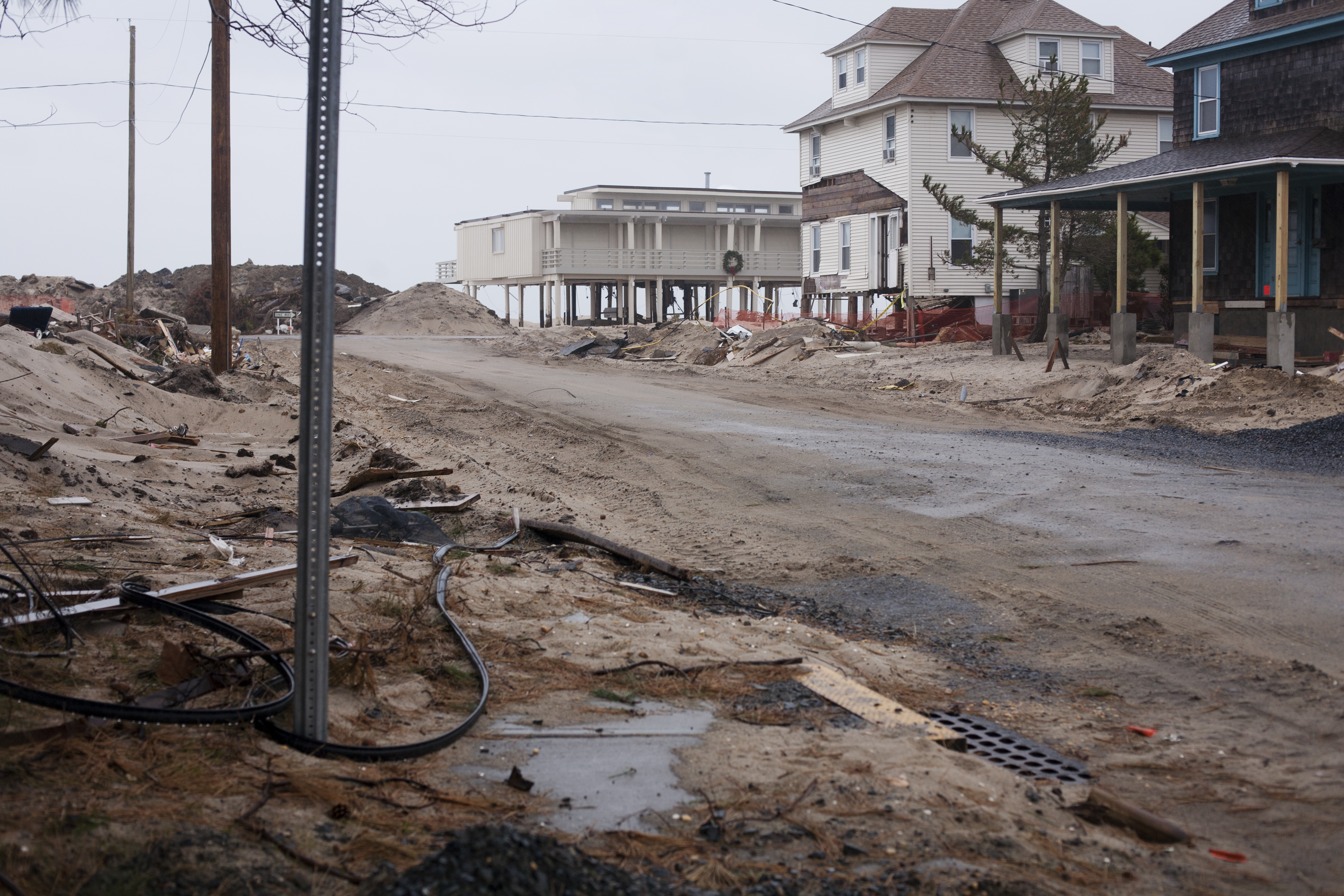According to the National Court Appointed Special Advocate (CASA) Association, there are approximately 1,900 children that become victims of abuse or neglect every day in the United States. 646,000 neglected and abused children end up in foster care each year. These staggeringly high numbers attest to the fact this issue is an increasing concern in the country. Each April, during National Child Abuse Prevention Month, the nation focuses on fighting the growing trend of child abuse.
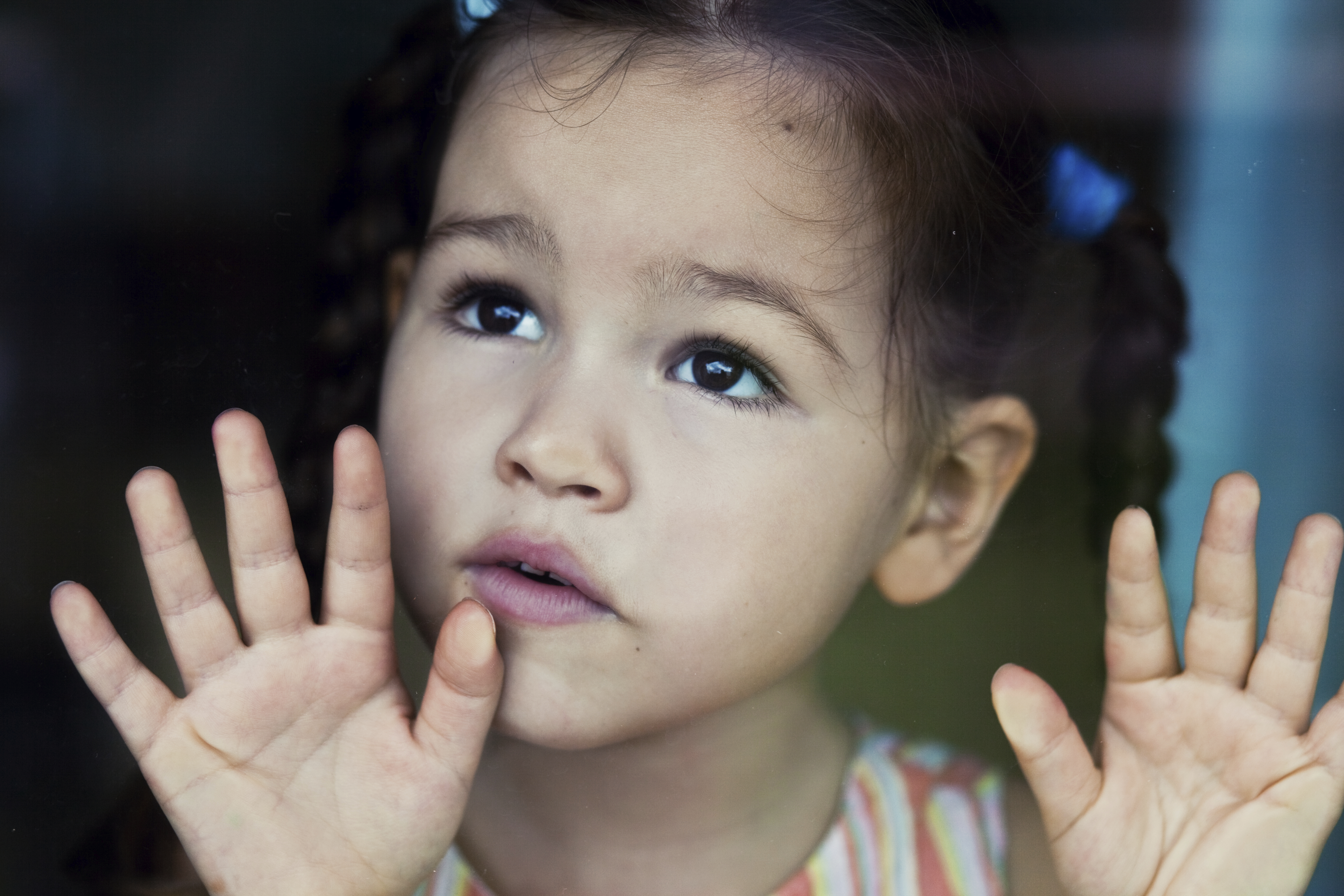
In 1974, President Richard Nixon signed the first federal child protection legislation known as the Child Abuse Prevention and Treatment Act (CAPTA). The first National Child Abuse Prevention week occurred in June of 1982, and the following year President Ronald Regan officially named April National Child Abuse Prevention Month. After 40 years, the CAPTA is going strong fighting for the rights of the many children that have suffered abuse.
Although the harsh reality of child abuse is brought to the forefront in April of every year, it will take communities to band together to constantly advocate for those whose voices have been taken away. To help bring awareness to this issue, the Protect Our Children Act evaluates current programs and prevention efforts and recommends an effective strategy to prevent child abuse and neglect fatalities throughout the nation.
To report abuse in your area, you can either contact your local child welfare agency, your law enforcement agency or your state’s child abuse reporting hotline. Each state has appointed professionals (e.g., social workers, physicians and child care providers) that are required by law to report child abuse. In Wyoming and New Jersey, every person is mandated to report abuse or neglect. In New Jersey, you can dial 1-877 NJ ABUSE (1-877-652-2873), and your report can be taken anonymously.
Every child has a right to feel safe enough to sleep at night – without the fear of being a victim of any form of abuse.
Get more insight on the types of abuse that exist and who it affects most on the Prevent Child Abuse America’s website.
